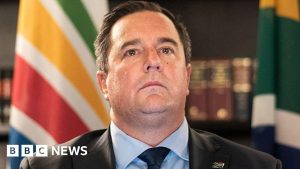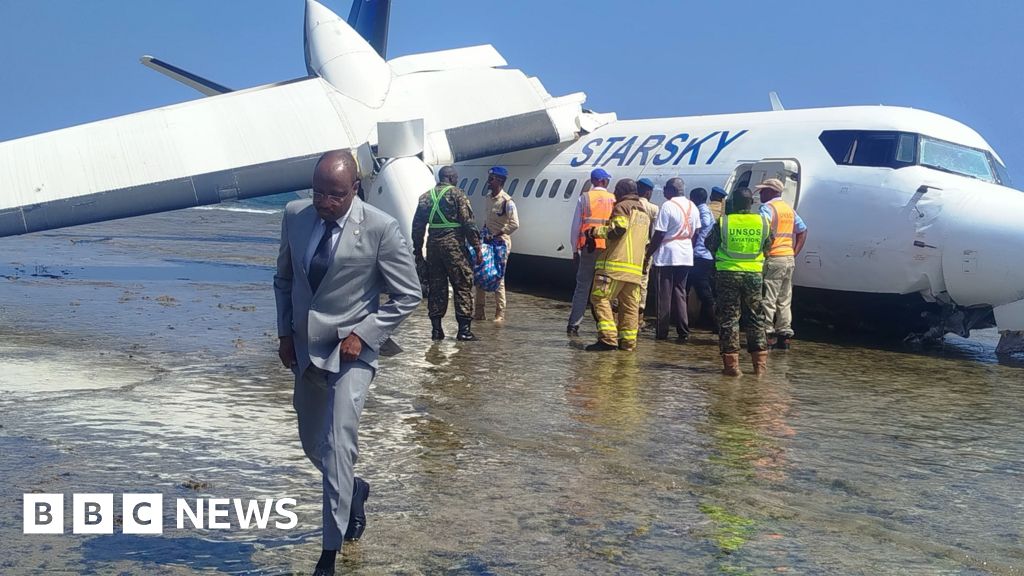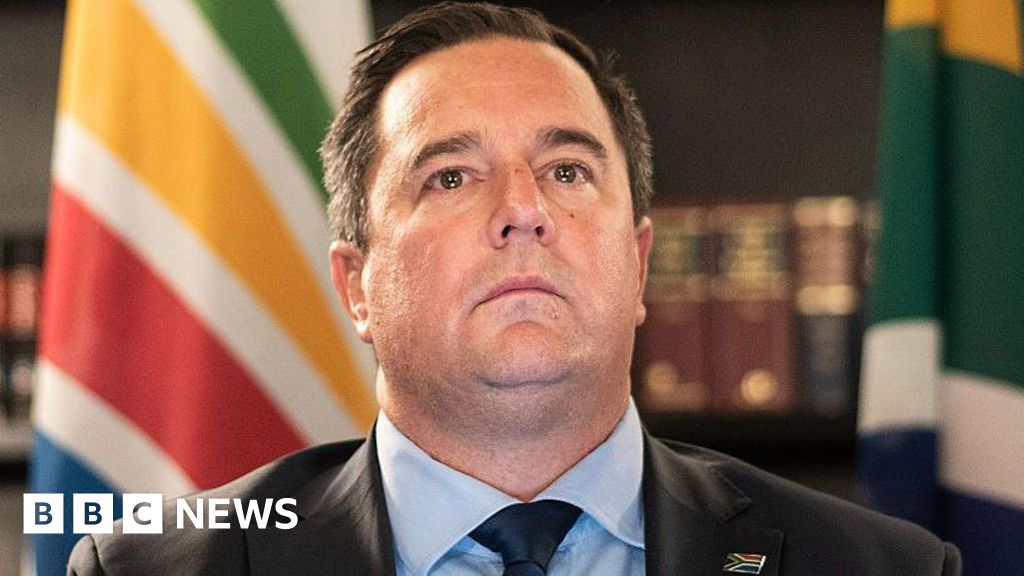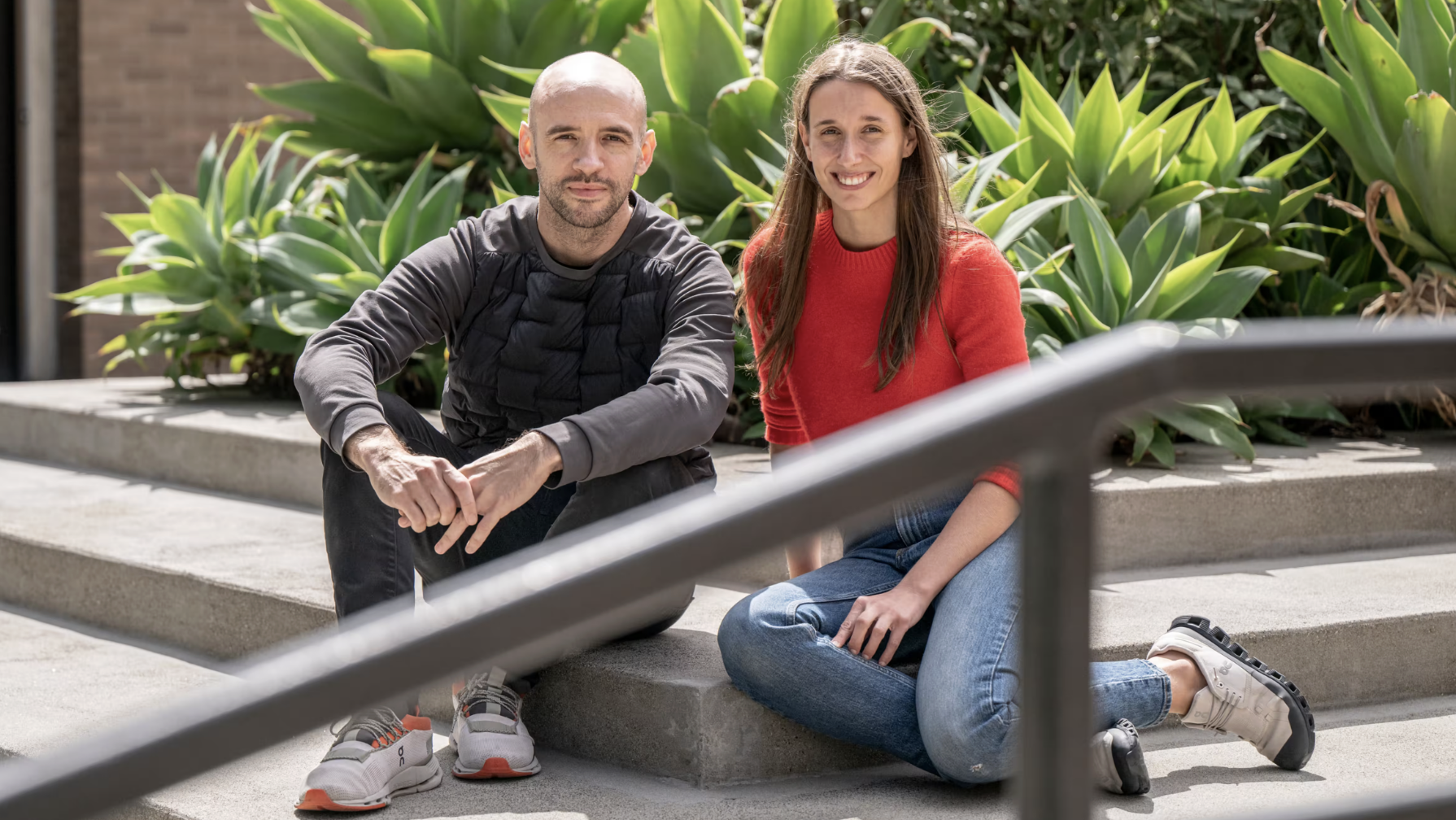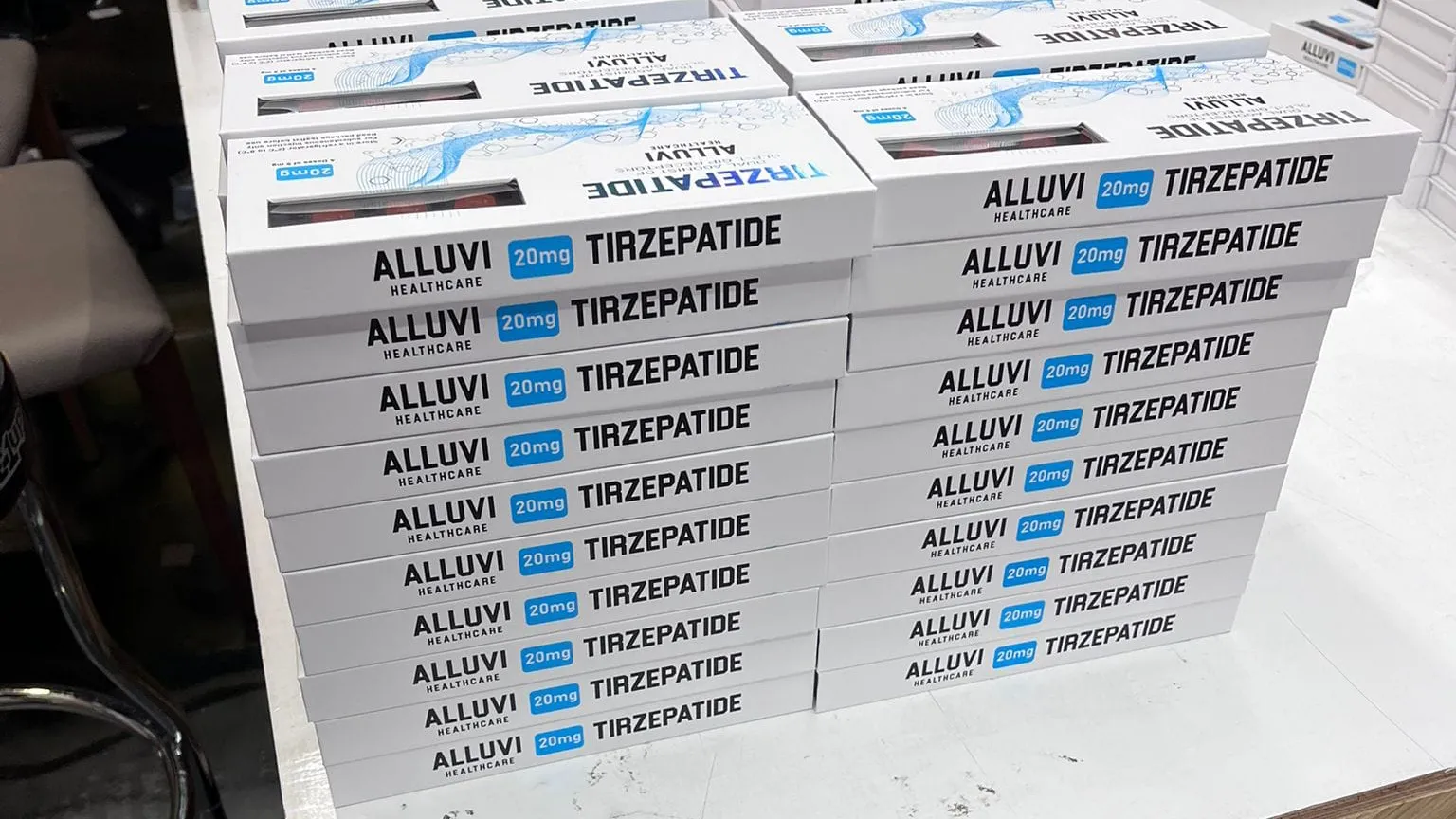
The United States has levied unprecedented sanctions against Colombian President Gustavo Petro, along with his Interior Minister Armando Benedetti, his wife, and eldest son, marking a significant escalation in diplomatic tensions between the two traditionally allied nations. The punitive measures, announced by the US Treasury Department, stem from Washington’s accusation that President Petro’s administration has failed to adequately combat drug trafficking, thereby allowing criminal organizations to expand their operations and exacerbate the flow of illicit narcotics, particularly cocaine, into the United States. This development represents a dramatic shift in the long-standing bilateral relationship, historically anchored in a shared commitment to counter-narcotics efforts.
A Diplomatic Tsunami: Sanctions Unveiled
The US Treasury Secretary, Scott Bessent, issued a strong condemnation of Colombia’s current drug policy, asserting that since President Petro assumed office, cocaine production in the South American nation has reached "the highest rate in decades," contributing to a surge in illicit drugs entering and "poisoning Americans." The sanctions impose a freeze on any assets or properties held by the designated individuals within US jurisdiction, effectively barring them from accessing these resources and restricting their financial dealings with US entities. This move is a rare but not unprecedented action against a sitting head of state, with leaders from nations like Russia, North Korea, and Venezuela having faced similar restrictions in the past, often in response to severe human rights abuses, international aggression, or state-sponsored terrorism.
President Petro vehemently rejected the US allegations, characterizing the sanctions as an "arbitrariness typical of an oppressive regime." He maintained that his administration has actively combated drug trafficking for decades and has successfully stemmed the growth of coca crops, which are the primary ingredient for cocaine. In a swift retaliatory measure, the Colombian government announced it would cease purchasing weapons from the United States, signaling a potential unraveling of military cooperation that has been a cornerstone of their strategic partnership for decades. This decision carries significant implications for Colombia’s defense capabilities, which have long relied on US military hardware and training, and could force a reevaluation of its geopolitical alignment and arms suppliers.
Historical Roots of the Drug War
The relationship between the US and Colombia has been deeply intertwined with the "War on Drugs" for over half a century. Colombia, owing to its unique geography, climate, and socio-economic conditions, emerged as the world’s leading producer of cocaine in the late 20th century. In response, the US launched "Plan Colombia" in the late 1990s, a multi-billion-dollar aid package primarily aimed at strengthening Colombia’s military and police forces, supporting aerial fumigation of coca crops, and fostering alternative development in coca-growing regions. This initiative represented a monumental commitment, transforming Colombia into one of the largest recipients of US foreign aid outside the Middle East.
For years, Colombia was considered Washington’s staunchest ally in the regional fight against narcotics. US military advisors trained Colombian narcotics agents, and intelligence sharing was robust. While Plan Colombia did achieve some success in disrupting drug cartels and weakening armed groups like the FARC, it also faced significant criticism. Critics argued that it often prioritized military solutions over social development, led to environmental damage from fumigation, and failed to address the underlying socio-economic drivers of coca cultivation. Despite massive investments, cocaine production proved remarkably resilient, often shifting to new areas or adapting to counter-narcotics tactics. The constant cat-and-mouse game highlighted a fundamental tension: the US approach focused on supply reduction, while many in Colombia argued that sustained demand in consuming nations like the US and Europe was the ultimate driver.
Petro’s Vision: A Radical Shift
Gustavo Petro, Colombia’s first left-wing president and a former M-19 guerrilla, came to power in 2022 on a platform promising profound societal change, including a radical rethinking of the "War on Drugs." His core philosophy challenges the traditional prohibitionist model, arguing it has been a costly failure, fueling violence, corrupting institutions, and criminalizing impoverished farmers rather than effectively curbing drug flows. Petro advocates for a new approach that prioritizes social investment in rural areas, voluntary crop substitution programs, environmental protection, and a shift away from forced eradication and militarization. He has consistently argued that as long as there is significant demand for illicit drugs in the global North, production will continue, making supply-side interventions ultimately ineffective.
This ideological divergence has placed him on a collision course with the more traditional, punitive drug enforcement policies favored by conservative US administrations, including that of former President Donald Trump. The diplomatic friction between the two leaders has been palpable, with clashes over US-led strikes on vessels suspected of drug smuggling in the Caribbean. Trump has publicly blamed other nations for failing to stop these boats, while Petro has condemned such actions as "murder," accusing the US of using violence to maintain dominance in Latin America rather than genuinely tackling the drug trade. Petro’s rhetoric at international forums, including the United Nations, has further underscored his belief that the global drug policy framework requires a fundamental re-evaluation, challenging the very premises of decades of US-led anti-narcotics efforts.
The Cocaine Surge: A Complex Reality
The US Treasury’s assertion of an "explosion" in cocaine production under Petro’s watch aligns with various reports indicating record-high levels of coca cultivation and cocaine production in Colombia. According to researchers like Héctor Galeano from the Colombia-based Institute of Advanced Social and Cultural Studies of Latin America and the Caribbean, current figures indeed reflect unprecedented levels. However, the causes of this surge are multifaceted and predate Petro’s presidency.
Analysts point to several contributing factors: the 2016 peace agreement with the FARC, while historic, inadvertently created power vacuums in remote coca-growing regions. As the FARC demobilized, other criminal groups, including dissident FARC factions, the ELN (National Liberation Army), and various drug cartels like the Gulf Clan, moved in to control lucrative coca territories and trafficking routes. The lack of robust state presence and alternative economic opportunities in these areas, coupled with the high profitability of coca cultivation compared to legal crops, provided strong incentives for farmers. Furthermore, the global illicit drug market continues to be robust, with strong demand from both the United States and European markets. The US Treasury itself noted that much of the cocaine from Colombia is purchased by Mexican cartels, which then facilitate its smuggling across the US border. Attributing the entire surge solely to the policies of the current administration overlooks these complex, long-term market and security dynamics.
"Total Peace" Under Strain
A cornerstone of President Petro’s domestic agenda is his ambitious "Total Peace" initiative, a comprehensive strategy aimed at negotiating with all remaining armed groups in Colombia, including various guerrilla organizations, paramilitary remnants, and powerful drug cartels, to end decades of internal conflict. Petro envisions that by bringing these groups to the negotiating table, offering amnesties or reduced sentences in exchange for disarmament and a commitment to peace, Colombia can finally achieve lasting stability. His drug policy reforms are intrinsically linked to this vision, as he seeks to dismantle the economic engines of these armed groups by transforming the illicit drug economy into a legal, regulated one where possible, and investing in the communities that have historically been trapped in the cycle of coca cultivation.
However, the "Total Peace" initiative has faced immense challenges and appears to be faltering. Negotiations with several groups, including the ELN and FARC dissidents, have stalled, marred by ongoing violence, internal divisions within the armed groups, and a lack of trust from both sides. Reports of escalating attacks in various regions, despite ongoing talks, suggest that criminal organizations are exploiting the negotiation process to consolidate power and expand their illicit activities. This perceived collapse of the peace strategy domestically further complicates Petro’s international standing and provides fodder for critics, including those in Washington, who argue that his policies are weakening the state’s capacity to confront criminal threats.
Geopolitical Ripples and Future Uncertainties
The imposition of sanctions on a key regional partner like Colombia carries significant geopolitical implications. For the United States, it signals a renewed hardline stance on drug policy, particularly under a potentially returning Trump administration, and a willingness to use powerful economic tools against perceived failures of allies. However, such measures risk alienating a historically crucial partner in a strategically vital region. Colombia has been a bulwark of democratic stability in South America and a critical intelligence-sharing hub. A deterioration of this relationship could create voids that other geopolitical actors might seek to fill, potentially impacting regional security dynamics.
For Colombia, the sanctions and the reciprocal halt in US arms purchases force a reevaluation of its foreign policy and defense strategy. It may accelerate a pivot towards other international partners for military equipment and economic support, potentially including China or European nations. Domestically, the sanctions could galvanize Petro’s base, who might view it as external interference, while simultaneously empowering his political opposition, who could leverage the international pressure to criticize his administration’s effectiveness.
Neutral analytical commentary suggests that while sanctions can exert pressure, their effectiveness in fundamentally altering a sovereign nation’s domestic policy, especially one rooted in deeply held ideological convictions, is often debatable. They can sometimes be counterproductive, fostering resentment and pushing leaders into more entrenched positions rather than facilitating cooperation. The current diplomatic rift between the US and Colombia represents a critical juncture, testing the resilience of a long-standing alliance and highlighting the profound disagreements over the future of global drug policy in an increasingly complex and interconnected world. The path forward for both nations will require careful navigation, balancing national interests with the imperative for regional stability and effective responses to transnational challenges.

